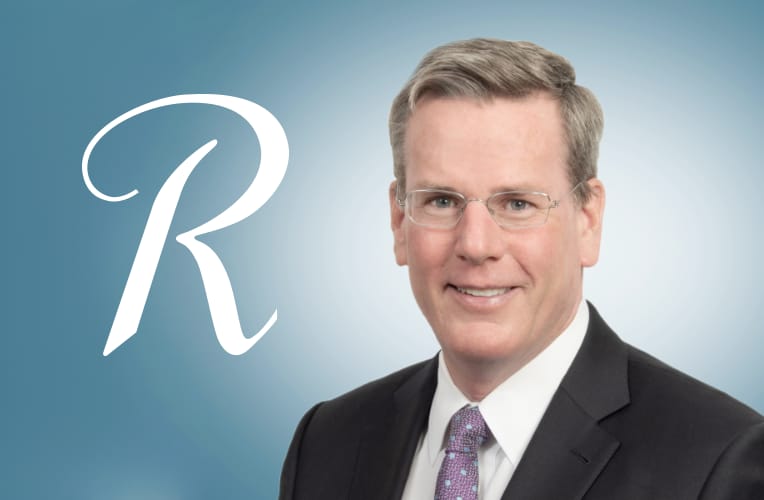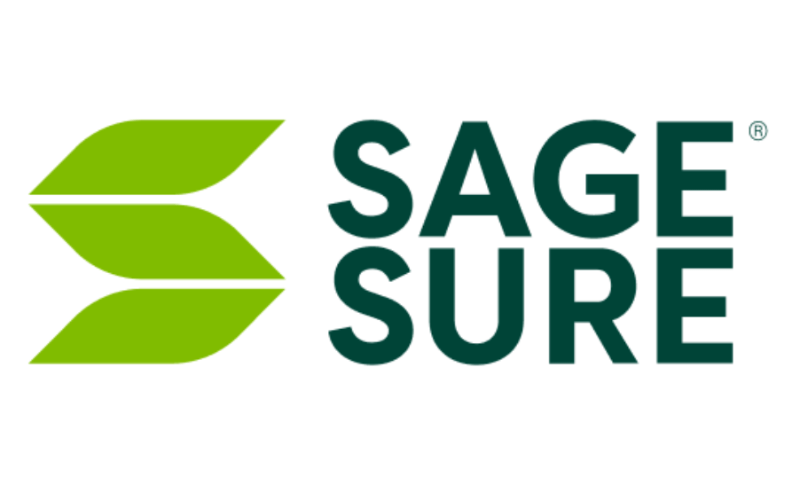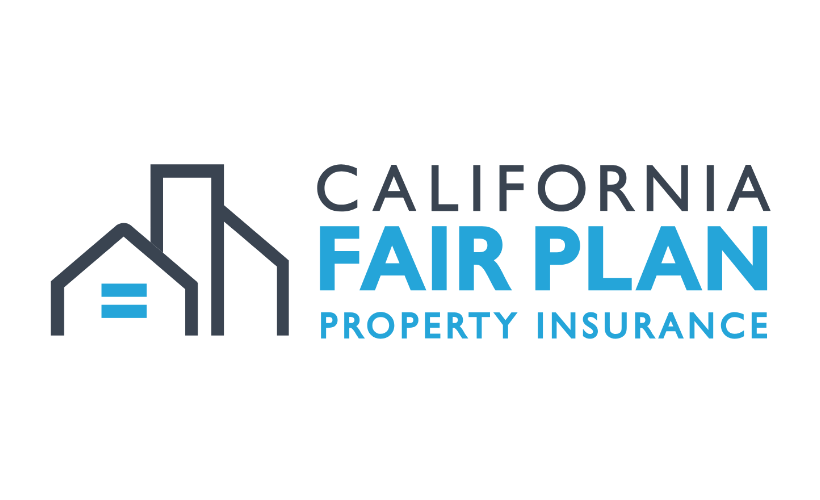
Legislation that calls for a Federal Catastrophe Reinsurance Program to be established has been resurrected in the United States Senate, with more support this time around and still a section of the INSURE Act highlighting the importance of capital markets alternatives to reinsurance, such as catastrophe bonds.The INSURE Act, or the Incorporating National Support for Unprecedented Risks and Emergencies (INSURE) Act, was introduced by California Representative Adam Schiff (D-Calif.) , as lawmakers sought support for a Federal solution to help stabilise the homeowners insurance marketplace in the United States.The bill called for the creation of a federal catastrophic reinsurance program, with a goal to insulate insurance consumers from rising insurance costs driven by climate and natural disasters.The aim was to create a Federal fund that offers insurers a “transparent, fairly priced public reinsurance alternative for the worst climate-driven catastrophes,” but the bill failed to get traction last time around.
Now, Senator Schiff has resurrected the bill for 2025, still calling for a Federal catastrophe reinsurance program that will “help keep insurance premiums affordable and provide more insurance options for Californians.” The INSURE Act comes with more support this time around, with a number of other Representatives backing Schiff’s efforts and support from a range of consumer organisations.It reopens the discussion about government involvement in catastrophe reinsurance markets, something that the original bill in 2024 received pushback from some industry participants about.It’s often felt that private markets should be able to deal with the pricing of catastrophe risks without government intervention.
The resurrected INSURE Act will likely receive similar pushback from the industry, but it does make allowances for a functioning private market to support the Federal provision of catastrophe reinsurance, with its focus being on promoting insurance affordability.Schiff explains that the newly resurrected bill would: However, it continues to envision that a Federal catastrophe reinsurance program would work in tandem with private reinsurance and capital markets, and so the bill continues to state that lawmakers would need to consider the level of retention primary insurers need to hold and the availability of private market reinsurance.In order to, “promote stable and competitive markets for catastrophe reinsurance,” while also continuing to incentivise, “the establishment by private parties of capital market alternatives to reinsurance, for example the creation of a market for catastrophe bonds.” The bill also calls on lawmakers to consider, “the role of the Program in promoting investments by participating insurers that would be aimed at decreasing losses.” A phased approach to rolling out Federal catastrophe reinsurance is called for, with wind and hurricane perils to be covered first, then severe convective storms and wildfires, after which flood and then earthquake coverage should also be introduced.
The resurrection of the INSURE Act once again raises the question of whether the private or public markets are best able to deal with the provision of capacity for catastrophic risks and natural disasters, in support of insurance markets.As we explained before, it seems to us that if any Federal Catastrophe Reinsurance Fund were to be established, it should have a mandate to privatise risk, by retroceding it back to traditional and alternative reinsurance sources where possible, while the funding of such a Federal catastrophe reinsurance facility could also be supported by capital markets as well.Hedging such a facility, if it is enacted, would provide a way to privatise risk and bring more private capital in to support the US’ natural catastrophe insurance needs and there could also be a pathway to fund a Federal risk pool facility using third-party capital and industry support over-time.
Rather than looking to make public money the risk capital of last resort.Using legislation to create a stop-gap to reduce the pressure on policyholders in the regions most challenged by climate and catastrophe risk, while creating more efficient mechanisms for private markets and private capital to support the natural catastrophe insurance needs of Americans, might find greater acceptance within the industry itself.One other point.
While the US Administration has been slashing its way through public entities, including some disaster risk adjacent weather and emergency agencies, back in the first Trump Administration there had been a lot of discussion in Washington about whether natural disaster risk could be pooled and transferred back to private markets.Market-based approaches seem to be popular with the Administration, so it will be interesting to see whether any competing bills emerge over time, given the high-profile nature of the insurance affordability issues that affect certain regions of the United States.On the resurrected bill, Senator Adam Schiff said, “Too many families and small businesses are struggling to keep up with the rising costs of insurance, and steep year-after-year price increases are simply unsustainable.
Significant steps must be taken to address this crisis, and the INSURE Act is one of them.This bill would create a federal risk reinsurance pool to bring down costs and make policies more affordable.All across America, in fire zones and flood plains and well beyond, the most valuable property a family may own is becoming uninsurable.
This must be addressed with urgency.” Co-sponsor Senator Mazie Hirono added, “As the frequency of climate-related disasters increases, this legislation is a crucial step toward ensuring that more Americans are covered when natural disasters occur.People deserve to able to access to affordable insurance coverage to ensure their property is protected, and this bill would be an important step in the right direction.”.All of our Artemis Live insurance-linked securities (ILS), catastrophe bonds and reinsurance can be accessed online.
Our can be subscribed to using the typical podcast services providers, including Apple, Google, Spotify and more.
Publisher: Artemis








